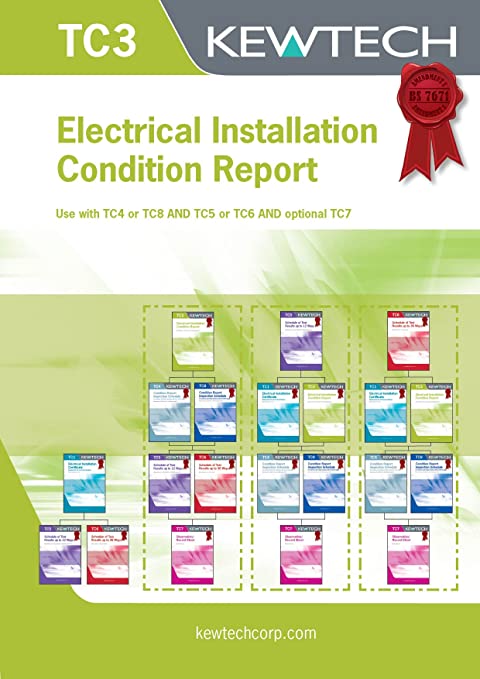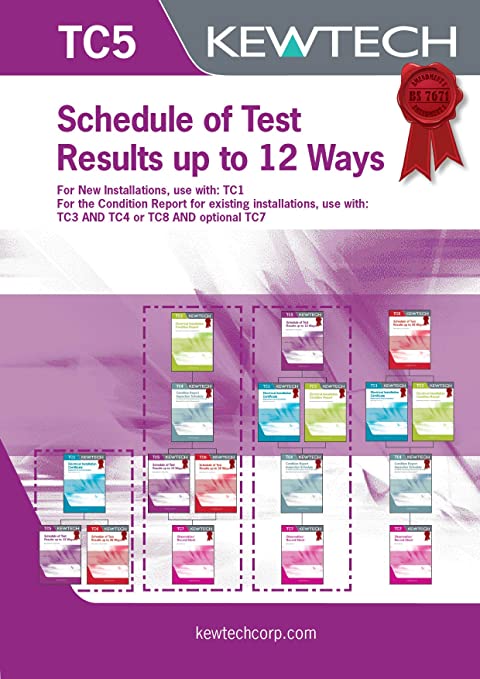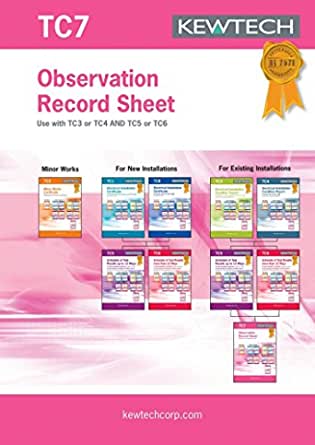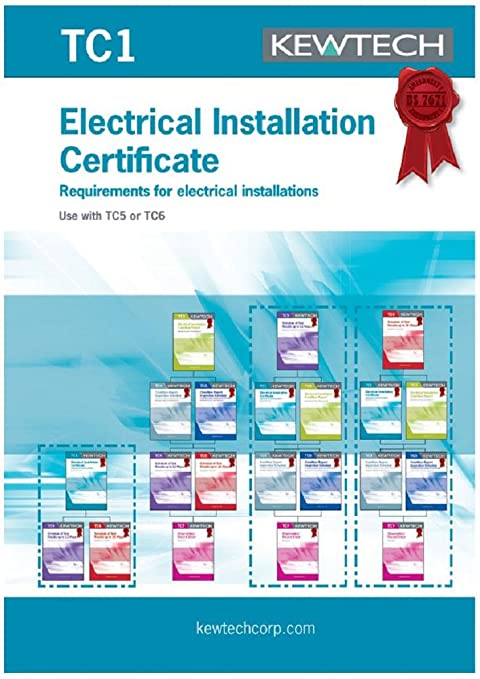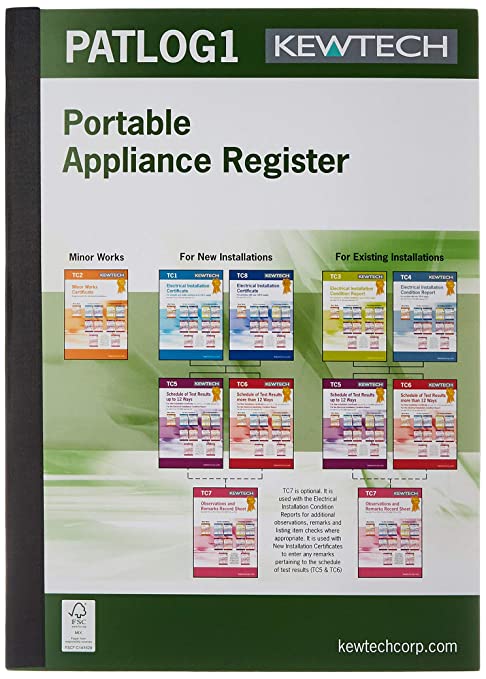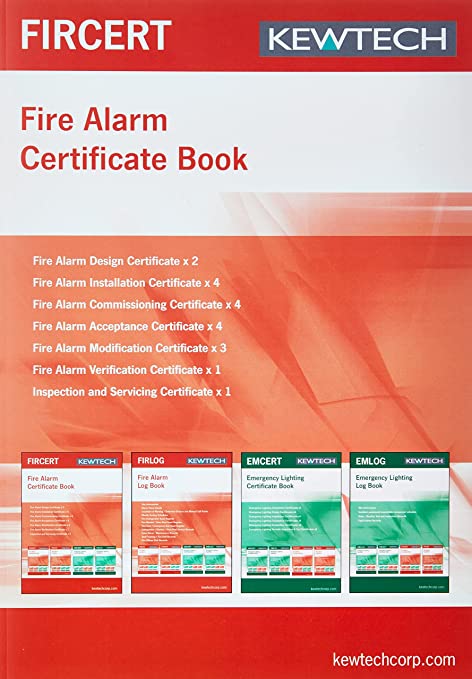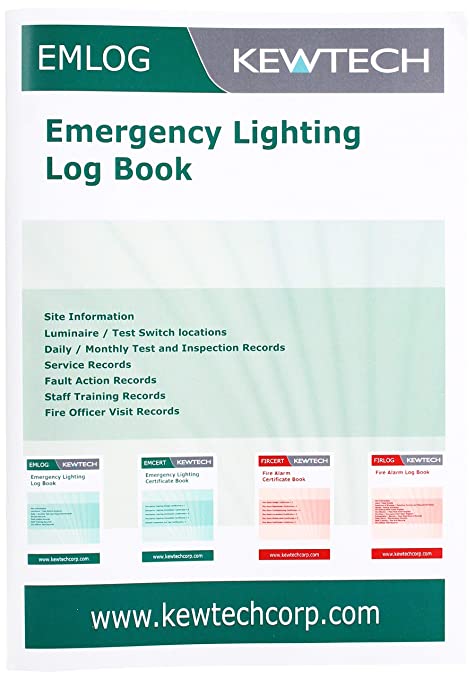Kewtech Minor Works Certificates
- 26th March 2023

If you are an electrician, you are probably familiar with the Kewtech TC2 Minor Works Certificates. These certificates are essential documents that electricians must issue to their clients after carrying out minor electrical works. In this blog post, we will explore the purpose of the Kewtech TC2 Minor Works Certificates, the information that should be included in them, and why they are important.
What are Kewtech TC2 Minor Works Certificates?
Kewtech TC2 Minor Works Certificates are documents that electricians issue to their clients after carrying out minor electrical works. These certificates provide confirmation that the works have been carried out in accordance with the relevant regulations and standards. They are also a record of the electrical installation work carried out, and the person who carried out the work.
What information should be included in a Kewtech TC2 Minor Works Certificate?
A Kewtech TC2 Minor Works Certificate should contain the following information:
- The name and address of the client
- The address of the installation
- The date the work was carried out
- The name and address of the electrician or electrical contractor who carried out the work
- A description of the work that was carried out
- The results of any tests that were carried out
- A declaration that the work has been carried out in accordance with the relevant regulations and standards
- The electrician’s signature and the date the certificate was issued
Why are Kewtech TC2 Minor Works Certificates important?
Kewtech TC2 Minor Works Certificates are important for several reasons. Firstly, they provide confirmation that the works have been carried out in accordance with the relevant regulations and standards. This is important as it ensures the safety of the electrical installation and the people using it. Secondly, they are a record of the electrical installation work carried out, and the person who carried out the work. This is important for future reference, and for any future works that may need to be carried out. Finally, Kewtech TC2 Minor Works Certificates are a legal requirement. As an electrician, you are required by law to issue these certificates after carrying out minor electrical works.
Conclusion
In conclusion, Kewtech TC2 Minor Works Certificates are essential documents that electricians must issue to their clients after carrying out minor electrical works. They provide confirmation that the works have been carried out in accordance with the relevant regulations and standards, and are a record of the electrical installation work carried out, and the person who carried out the work. As an electrician, it is important to ensure that you issue these certificates after carrying out minor electrical works, as it is a legal requirement and helps to ensure the safety of the electrical installation and the people using it.
What types of electrical work fall into Non-Notifiable or Notifiable under Part P of the Building Regulations?
If you are planning on carrying out any electrical work in your home or business premises, it is essential to understand the requirements of Part P of the Building Regulations. Part P covers electrical safety in dwellings, including houses, flats, and maisonettes, and applies to both new and existing properties.
Part P of the Building Regulations was introduced in 2005 to reduce the risk of electrical shock and fire in homes and other domestic buildings. The regulations require all electrical work to be carried out by a qualified electrician, who must be registered with a competent person scheme.
There are two categories of electrical work under Part P: notifiable and non-notifiable. Non-notifiable electrical work is work that does not need to be notified to the local building control authority, whereas notifiable electrical work must be notified to the authority before work begins.
Non-notifiable electrical work includes things like replacing light switches, sockets, and light fittings, as well as installing new electric cookers or showers. It is important to note, however, that all electrical work must still comply with the requirements of the Wiring Regulations (BS 7671).
Notifiable electrical work includes any work that involves the installation of a new circuit or the replacement of a consumer unit (fuse box). It also includes work that involves installing a new electrical installation, such as an extension or a new build property.
If you are carrying out notifiable electrical work, you must notify the local building control authority before work begins, and they will need to inspect the work once it is completed to ensure that it complies with the regulations. Failure to comply with Part P of the Building Regulations can result in fines or even prosecution, so it is essential to ensure that all work is carried out by a qualified and registered electrician.
It is worth noting that there are some exemptions to the requirements of Part P. For example, DIY work is exempt, provided that it is carried out by the homeowner and is not connected to the mains supply. However, it is always best to err on the side of caution and seek professional advice if you are unsure whether your electrical work is notifiable or not.
In summary, Part P of the Building Regulations is essential to ensure that all electrical work is carried out safely and to a high standard. Notifiable electrical work must be carried out by a qualified and registered electrician and must be notified to the local building control authority. Non-notifiable electrical work must still comply with the requirements of the Wiring Regulations. If you are unsure about the requirements of Part P, it is always best to seek professional advice.


